Editor's note: The recent power shortage during the heat wave caused billions of dollars in damage and will remain a threat for the next few years. The increasingly deep participation of the private sector in power investment is raising important issues regarding investment attraction policies. Meanwhile, the mechanism for adjusting electricity prices still lacks market-based characteristics.
The series of articles "The Future of the Electricity Industry" analyzes existing bottlenecks, aiming to further promote investment in new power sources and necessary changes in electricity price policies.
Urgent requirement
Regarding electricity supply in the last months of 2023 and 2024, in a recent document sent to leaders of ministries, branches and enterprises, the Government Standing Committee continued to direct the Ministry of Industry and Trade to closely coordinate with the State Capital Management Committee at enterprises to perform tasks and procedures related to transferring the National Power System Dispatch Center (A0) to the Ministry of Industry and Trade.
Along with that, it is necessary to urgently study and propose amendments to Decision No. 24 regulating the mechanism for adjusting average retail electricity prices in the direction of allowing electricity prices to be adjusted according to reality ; report to the Prime Minister in August 2023.
The policy of “allowing electricity price adjustment according to reality” as directed by the Government Standing Committee, if realized, will create a revolution in the electricity industry. Because, this is still an issue that has been in the directive documents but has almost never been implemented in reality.
Every decision related to electricity prices is carefully considered, even if the increase is within the authority of EVN or the Ministry of Industry and Trade, permission is required. Therefore, there has been a situation of no adjustment of electricity prices for 4 years, from March 2019 to May 2023.
“With the current retail electricity price regulation mechanism of the Government, the revenue calculated based on the regulated retail electricity price is not enough for EVN to cover costs, so the group is the enterprise that bears all production and business losses for electricity customers,” an EVN report assessed.
The Electricity Regulatory Authority (Ministry of Industry and Trade) also pointed out that the retail electricity price mechanism is not synchronized with the actual development of the electricity market. Because, the retail electricity price has not been adjusted promptly according to the input fluctuations of fuel prices in the power generation stage; it is necessary to ensure the macro economy; the electricity price has not been formed according to each geographical area...
It is worth noting that the period 2009-2012, when the competitive electricity market had not yet formed, was the period when electricity prices were adjusted most smoothly according to the market. In fact, in 2011, there were two adjustments with an adjustment rate of up to 20.28%.
In the proposal to amend the Electricity Law, the Ministry of Industry and Trade frankly analyzed: In fact, the management of retail electricity prices in recent years has been discussed and decided through meetings of the Government Standing Committee.
Why the adjustment mechanism and authority to adjust prices in Decision 24 have been established but in reality they have not been implemented is something the Ministry of Industry and Trade needs to clarify when it will revise this decision. Only when the mechanism for adjusting retail electricity prices changes and follows market signals can we consider reforming the electricity industry or developing a competitive retail electricity market.
Therefore, an energy expert "laughed" when public opinion cried out about the need to develop a competitive retail electricity market. "If we want to follow the market, first of all, the price regulation process must carry market signals, and only when it is ripe can we release it to follow the market," the expert argued.
He cited gasoline as a typical case. The price adjustment cycle has shortened significantly, and is now expected to be reduced from 10 days to 7 days. Thus, market fluctuations in one week are signals for adjustments in the following week.
"And from March 2019 to May 2023, electricity prices will only be adjusted by 3%, which means they are not following market signals. We should start by changing the price adjustment mechanism, instead of saying that the price is following the market," he added.
Therefore, the instructions of the Government Standing Committee in the document dated August 15 on "allowing adjustment of electricity prices according to reality" need to be realized to both ensure finances for electricity trading units and send a signal to investors to confidently pour money into power source projects.
The legalization of the electricity price management mechanism in the form of a Government decree, instead of a Prime Minister's decision, which the Ministry of Industry and Trade is studying to amend in the Electricity Law, is the right direction that needs to be promoted.

What is the mechanism for adjusting electricity prices when A0 is transferred to the Ministry of Industry and Trade?
A0 is currently the unit that operates the entire power system and the electricity market in Vietnam. These two functions will be transferred to the Ministry of Industry and Trade after A0 leaves EVN. Providing enough electricity and buying electricity at what price will be the issues that the Ministry of Industry and Trade will have to face when A0 becomes independent from EVN.
“If safety is given higher priority, the cost of purchasing electricity will increase and EVN will be the one to suffer losses with the current retail price mechanism. Without direction from EVN, of course, A0 will come up with solutions that ensure the highest safety for the power system and EVN will suffer heavier losses,” said Tran Anh Thai, an energy expert, analyzing A0’s departure from EVN.
When talking to PV. VietNamNet, an EVN representative also admitted the problem when A0 left EVN, while EVN still played the role of the only buyer in the market.
That is, after A0 was transferred to the Ministry of Industry and Trade, the Ministry, with the highest goal of "enough electricity for the economy", directed A0 to buy electricity at all costs. But the unit that has to pay for electricity is EVN (?). So, who will bear the difference arising from "buying high and selling low" if there is no reasonable price adjustment mechanism? This is not an easy question to answer.
If the output electricity price is not adjusted according to reality, EVN will be in further losses. Who is responsible for this loss will need to be determined.
The above analysis shows that allowing electricity prices to be adjusted according to reality will solve many problems and be the basis for future steps to reform the electricity market. The State can apply price ceilings to control electricity prices in some special situations, like the case of gasoline prices, to protect consumers.
Source


![[Photo] Close-up of Vietnam's sniffer dog team searching for earthquake victims in Myanmar](https://vstatic.vietnam.vn/vietnam/resource/IMAGE/2025/4/1/d4949a0510ba40af93a15359b5450df2)


![[Photo] Relatives of victims of the earthquake in Myanmar were moved and grateful to the rescue team of the Vietnamese Ministry of National Defense.](https://vstatic.vietnam.vn/vietnam/resource/IMAGE/2025/4/2/aa6a37e9b59543dfb0ddc7f44162a7a7)
![[Photo] Third meeting of the Organizing Subcommittee serving the 14th National Party Congress](https://vstatic.vietnam.vn/vietnam/resource/IMAGE/2025/4/2/3f342a185e714df58aad8c0fc08e4af2)

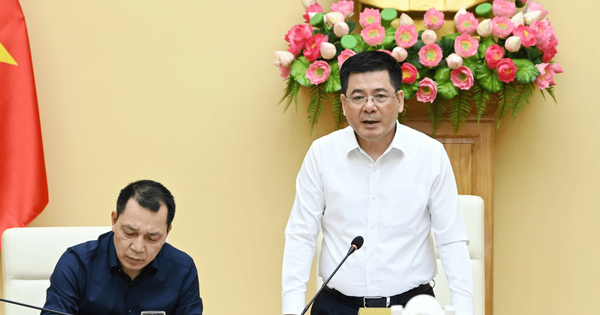

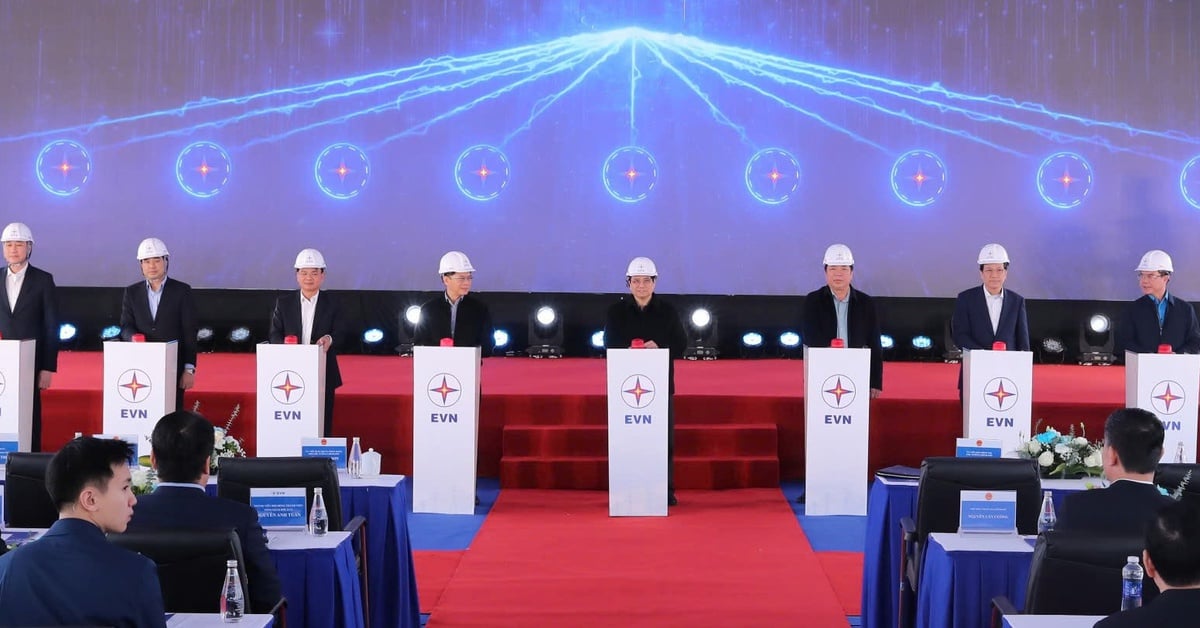




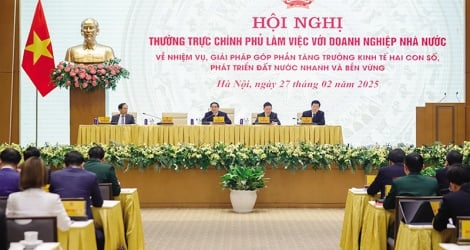


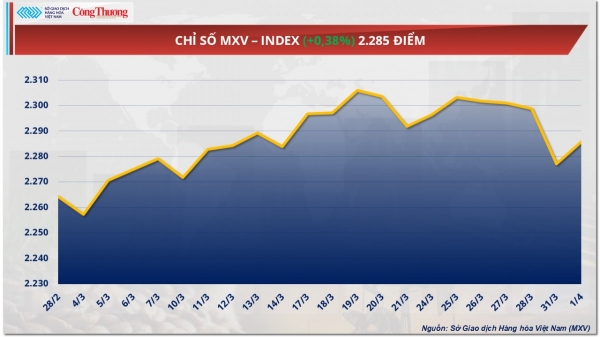













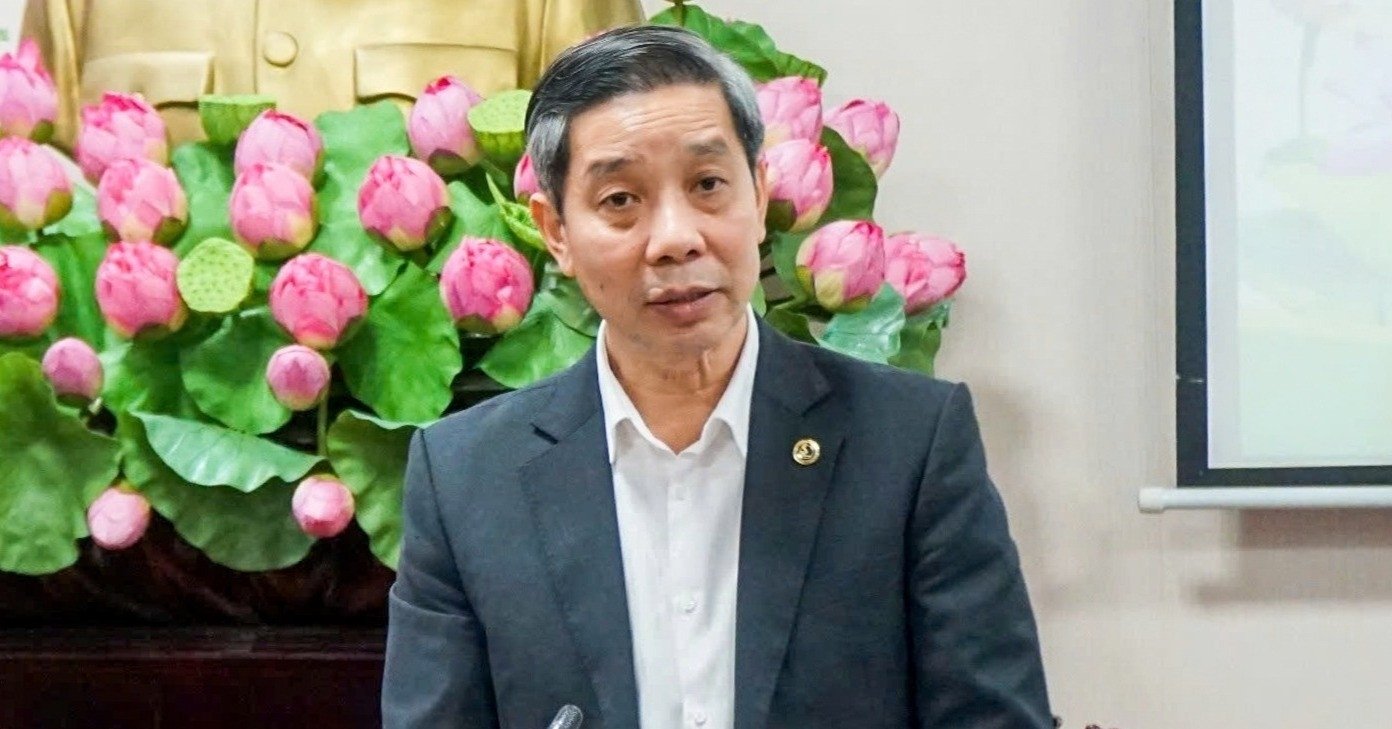





























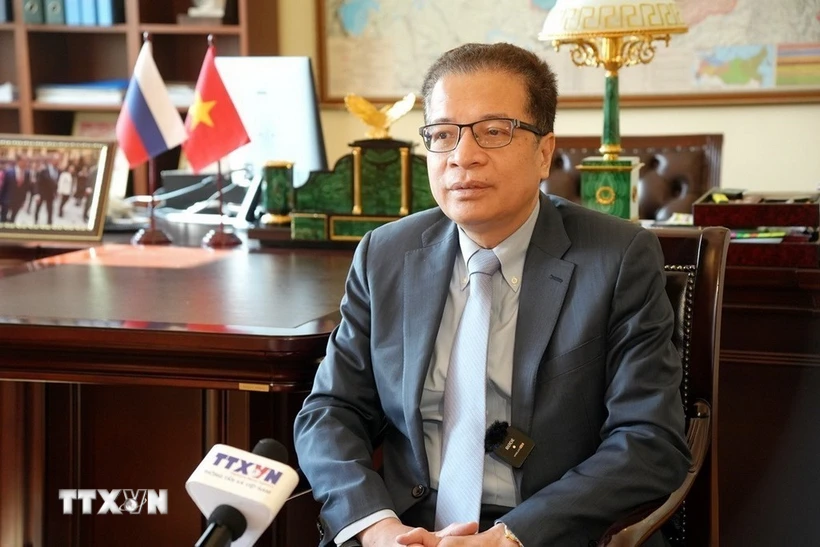
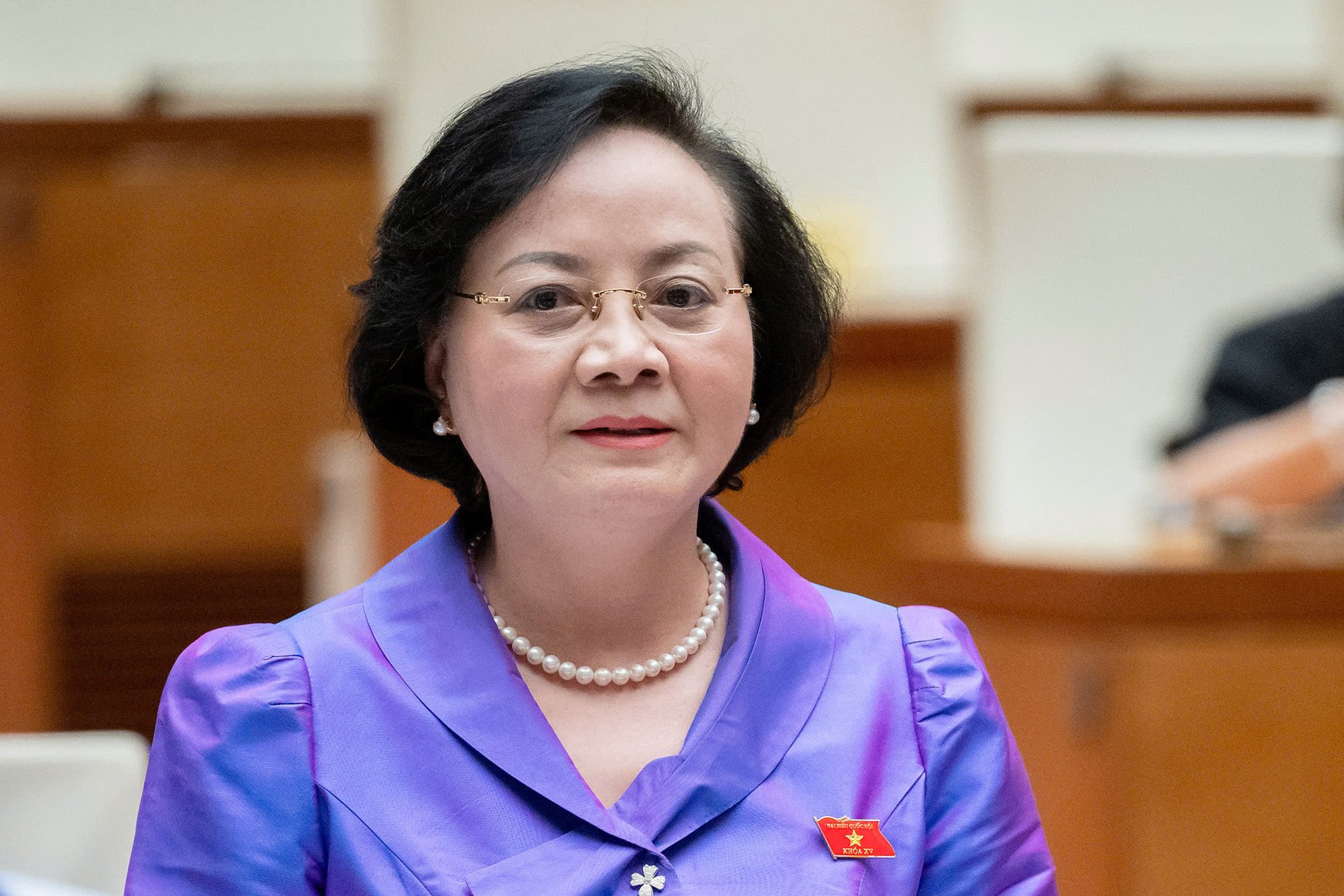











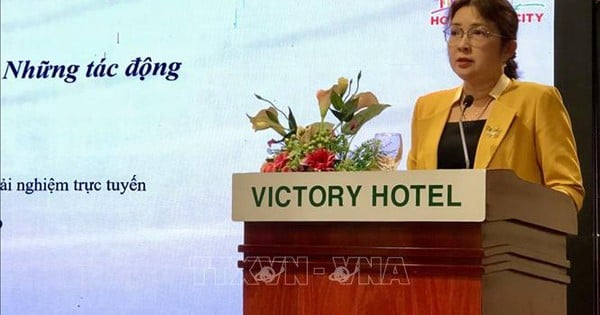





















Comment (0)